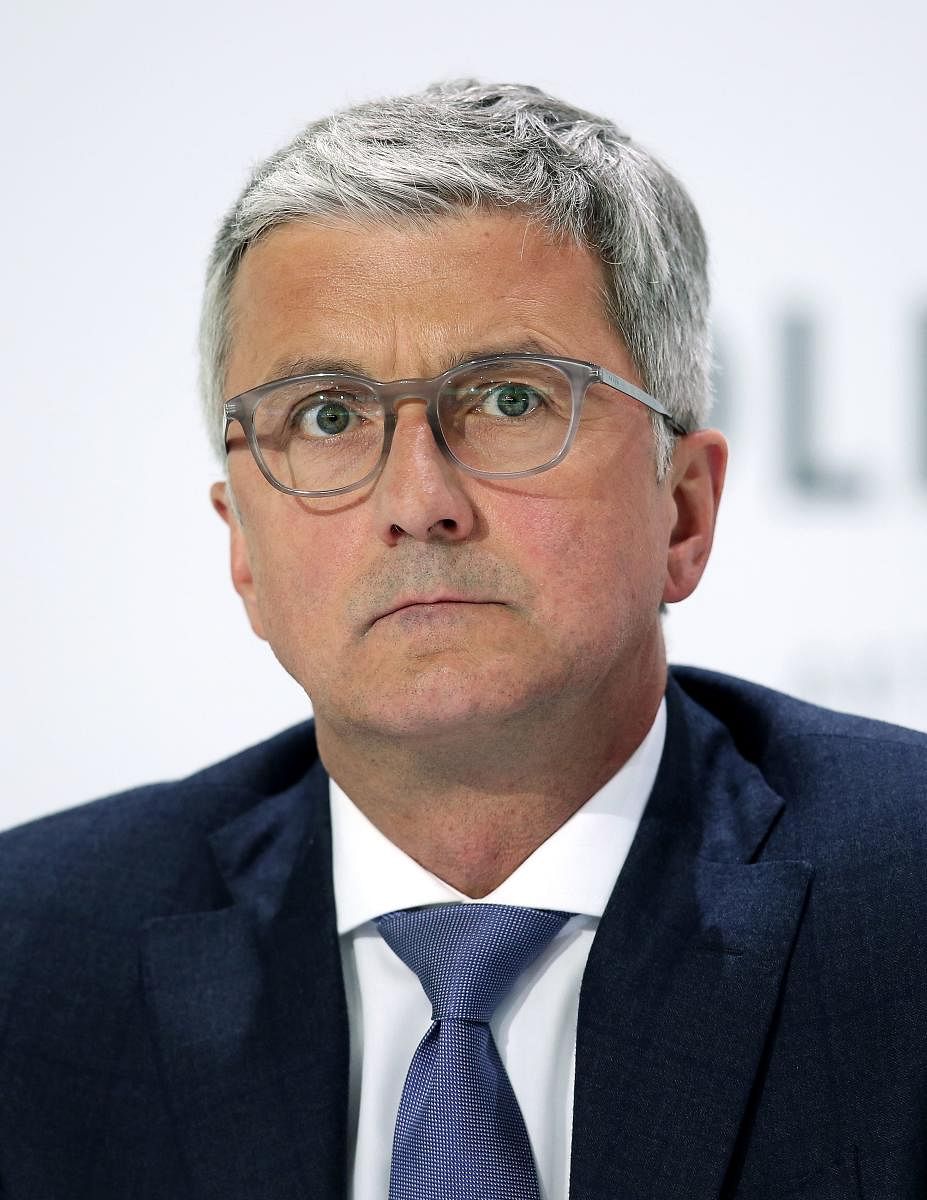
Former Audi chief executive Rupert Stadler will go on trial for fraud on September 30, a German court said Monday, making him the first auto boss to appear in the dock over the "dieselgate" emissions cheating scandal.
Stadler and three co-defendants will have to answer charges of "fraud, falsifying certifications and illegal advertising" before judges at the district court in Munich.
The trial is expected to last until December 2022, the court said in a statement.
Not a single executive has been convicted in Germany so far over the massive scandal that erupted in 2015 when Audi's parent company Volkswagen admitted to installing cheating software in 11 million diesels worldwide.
The so-called defeat devices made the cars seem less polluting in lab tests than they were on the road.
Stadler, 57, had been chief executive at Audi for 11 years when he was arrested in June 2018.
He spent four months in pretrial detention over concerns he could try to influence witnesses.
A career Audi man, he joined the firm in 1990 and became CEO in 2007, before being replaced at the top by Dutchman Bram Schot following his arrest.
Prosecutors say Stadler knowingly continued selling cheating vehicles from Audi, especially in Europe and the United States, after September 2015 when the fraud became public.
The cheating saga plunged VW into an unprecedented crisis and a tangle of legal woes.
Former Volkswagen CEO Martin Winterkorn, who was in charge of the car group when the cheating was uncovered, still faces charges of market manipulation.
A major court case also continues by investors demanding compensation for their VW shares' plunge in value after "dieselgate" came to light.
But the VW group has drawn a line under most other cases in its home country.
Present chief executive Herbert Diess and supervisory board boss Hans Dieter Poetsch are off the hook on charges of market manipulation, after VW last month paid a total of nine million euros to settle the charges.
VW also agreed in April to pay out at least 750 million euros ($847,000) to 235,000 drivers under an out-of-court settlement reached with consumer representatives, well below the amounts paid out in the United States.
The auto giant is also expected to make separate payouts to some 60,000 other drivers, after a German court ruled in a precedent-setting case last month that VW had to buy back a duped driver's diesel car.
The court did, however, state that VW only owed a partial reimbursement of the purchase price, easing the financial pain for the group.
The dieselgate fallout has so far cost VW more than 30 billion euros in fines, buybacks and compensation.